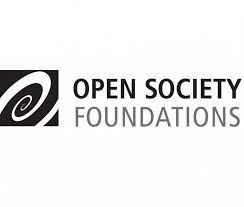
https://www.opensocietyfoundations.org/events/repairing-the-harms-of-the...
The war on drugs is a U.S.-made human rights disaster that has deliberately targeted Black communities and other communities of color and ethnic minorities around the world. To this day, the drug war is a tool of authoritarianism and social control, discharged through targeted policing and mass incarceration. As the creator and main funder of the war on drugs, the United States has a responsibility to promote reparations for harmed communities, both at home and across the globe.
In the United States, the legalization of cannabis and other positive drug policy reforms has been accompanied by a substantial push for reparations for the Black and Indigenous communities most negatively affected by the drug war. In the U.S. and other countries with emerging cannabis markets, however, activists are fighting white-led and often foreign corporations to prevent revenue being diverted away from reparations into corporate coffers.
In recognition of June 26—the Support Don’t Punish Global Day of Action—panelists from the U.S., Brazil, and the Philippines will discuss the consequences of drug policy enforcement, work to dismantle the drug war within their own communities, and how reparations are critical to creating a more just post-prohibitionist future.
Speakers
-
Queen Adesuyi
Speaker
Queen Adesuyi is a policy manager at the Drug Policy Alliance’s National Affairs office in Washington, D.C., where she works to advance several of DPA’s legislative priorities on the federal level.
-
Cathy Alvarez
Speaker
Cathy Alvarez is a human rights lawyer and executive director of StreetLawPH, working on access to justice for vulnerable sectors and for humane drug policy reform in the Philippines.
-
Imani Mason Jordan
Moderator
Imani Mason Jordan is the communications strategist at Release and the editor of TalkingDrugs.org.
-
Nathália Oliveira
Speaker
Nathália Oliveira is co-founder of the Black Initiative for a New Drug Policy.










Add new comment